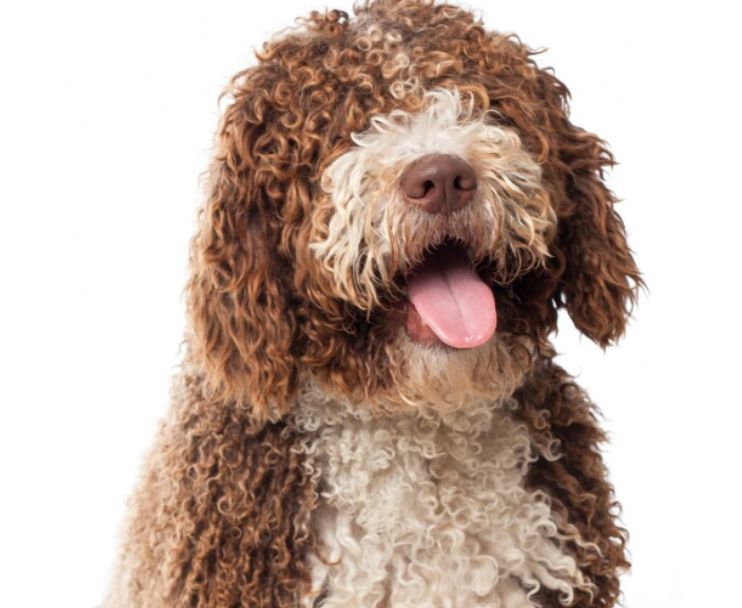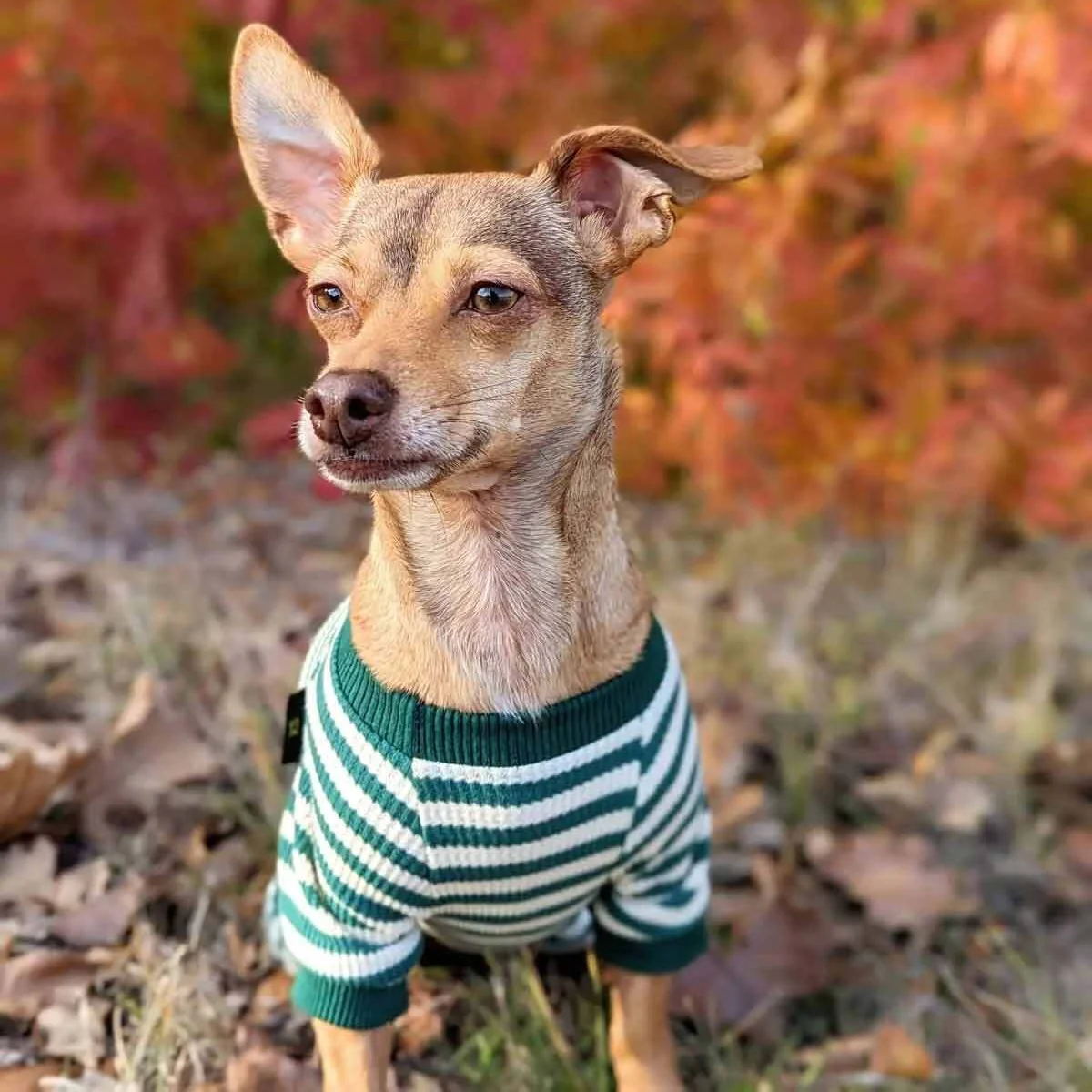Puppy teething is an awkward stage to some breeds while to others it is smooth sailing. Some common signs of teething are red gum, inflammation, and irritation. Pooches lose their baby teeth at 12 weeks, and they drool, chew or fuss when this occurs.
You will often find that your puppy chews your stuff from the couch to your shoes until you find a solution. Puppy teething age varies depending on the breed. However, all breeds are expected to start around 3 months. Remember to get the best puppy toys for teething for your pooch according to his size. Some toys are made of rubber-like material and can be filled with peanut butter and other dog treats.
Puppy Teething
At 12 weeks, your pooch will start losing his first milk teeth to provide space for adult teeth to occupy. The teething age lasts for approximately 3 months, and all pooches should be done by 8 months regardless of their breed. However, larger canines start teething and complete this process earlier compared to smaller breeds.
Puppy teething can be a chaotic period for both the owner and the pooch. The pup looks for ways to soothe his gums and decides to chew house plants, shoes, and furniture while the owner suffers the loss of these items. There are several ways to know if the puppy is teething.
Puppy Teething Symptoms
- Mild fever
- Some dog breeds drool
- Red swollen gums
- Minor bleeding
- Bumps on the gums where adult teeth will emerge
- Irritability and lack of concentration
- There are changes in puppy ears while teething they either flop or are upright.
How to Help a Teething Puppy
We know that you love your little furry friend and would do anything to soothe their pain; that is why we gathered a list that will help you and your pup through the puppy teething age.
1. Chew Toys For Puppy Teething
Toys are safe compared to bones because they do not break the teeth which might cause retention and make it difficult to shed. To help the little puppy with discomfort, give him a chew toy or two. Minimize the number of toys you provide the pooch at a go by doing so you will be teaching them not to chew on just anything.
2. Ice Cubes
Ice quells pain and reduces the size of the inflamed gums. Some puppies might not find it pleasing to chew on ice cubes, but they might like the chewing on frozen meat. You can also put some ice cubes in his meal to relieve the pain. For instance, you can mix chicken broth and ice cubes. The broth catches his attention while the ice reduces swelling and discomfort. You can also improvise by freezing a wet towel for the pup to chew.
3. Cold Chews
These toys are different from chew toys because they are meant to be frozen. The gel inside the cold chews is nontoxic and freezes than water and retains the coldness thus giving your pet enough time to sooth the sore gums. The best thing about these toys is that they can be frozen many times.
4. Use Natural Remedies
Herbs such as chamomile and Aloe Vera are used to soothe and relieve pain. Freeze Aloe Vera juice and then rub it on the swollen gum to relieve pain instantly. Chamomile is known for its calming nature which is the best remedy for those owners who are confused on how to help a teething puppy. The calming nature helps the pooch to relax and be less anxious. You can also use chamomilla which is a homeopathic remedy as an alternative to chamomile it is known to calm dogs in the puppy teething age.
5. Teach Your Puppy
Teach your pooch to chew on his toys by correcting him gently when you find him chewing on inappropriate items then pass him his favorite toy. Use positive reinforcements such as praises or treats whenever your puppy gnaws on his toys. Whenever you are leaving for several hours remember to puppy proof your home.
Conclusion
When you know the different puppy teething symptoms and how to deal with this stage you will be able to help your little canine friend and save your home at the same time. Provide toys and other remedies to reduce the pain and discomfort in your puppy’s gum. Although this is a challenging period for most dog owners, the good news is that teething is just a stage and it will pass.
Do you have any suggestions on the best chew toys for puppy teething? Tell us how to know if puppy is teething? We’d like to hear from you!







Leave a Reply